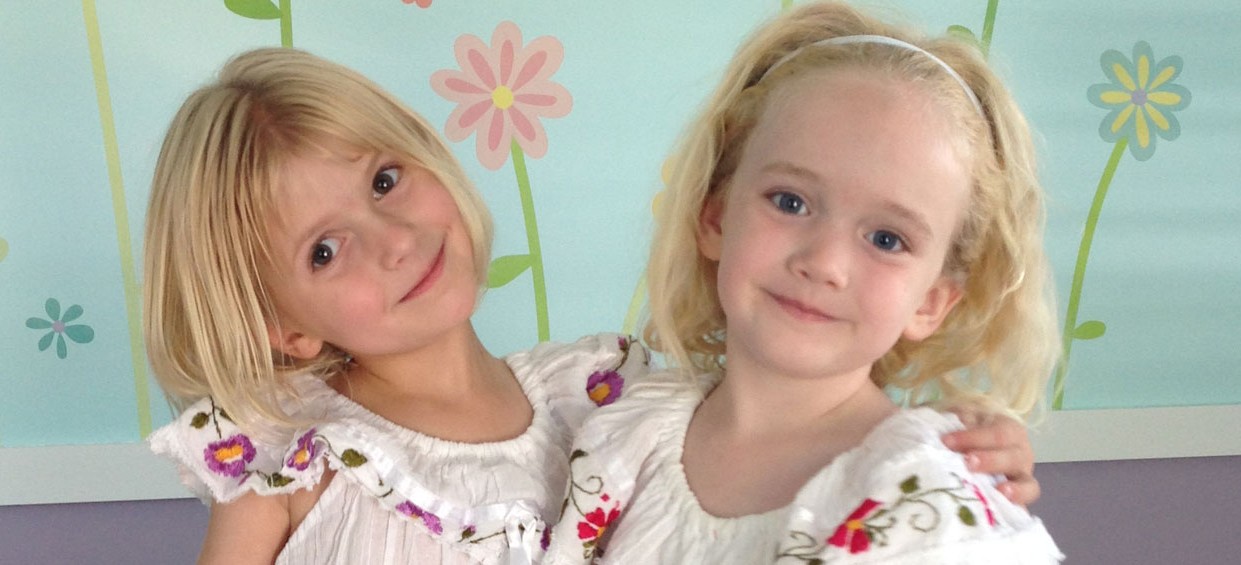
Death of sperm donor anonymity
Only 2% of population needs to be screened to identify someone
from Donor Sibling Registry
Sperm donor anonymity is dead, according to a campaigner for the rights of donor-conceived children. Wendy Kramer, the co-founder and head of the Donor Sibling Registry website, writes in an on-line pamphlet, “DNA: donors not anonymous” that the growing popularity of ancestry sites, cheap genetic profiling, and powerful search engines have made donor anonymity almost impossible.
Cracking the secrecy around the identity of sperm donors used to be a difficult task, as IVF clinics were reluctant to disclose confidential information about their donors and the donors were averse to meeting their offspring.
Today, however, sperm donors will find it almost impossible to evade detection, despite all the assurances given to them by IVF clinics and sperm banks. If only 2% of the population makes their DNA profiles publicly available, nearly all of them can be identified. “We are getting very soon to the point that everyone will be potentially identifiable using this technique,’’ says one expert. “Donor anonymity has become an obsolete idea,” writes Ms Kramer.
Her son Ryan, who works with her on the DSR, was a donor-conceived child and the first in the world to find his biological father through DNA testing. Since 2000 they have been helped about 17,000 donor-conceived people connect with their half-siblings and their biological parents.
How this will affect the business of sperm banks is hard to predict. Some argue that sperm donation will dry up, but Ms Kramer says that this is not the case in the UK, where anonymity was abolished in 2005. Women could also import sperm from countries where anonymity is still guaranteed, such as Denmark.
This is a very positive development, says Ms Kramer in an interview with MercatorNet.
“For so many decades it's been about the rights and needs of all the stakeholders except for the donor-conceived people. It has been the right of sperm banks and fertility clinics to make money. It has been a parent's right to have a child. And it has been a donor's right to remain anonymous. But nowhere in these conversations or policies are included the needs and rights of the very people who are being created: the donor-conceived people.”
Michael Cook is editor of BioEdge.
Creative commons
https://www.bioedge.org/images/2008images/FB_slide_sisters_flowers.jpg
sperm donation
sperm donors
